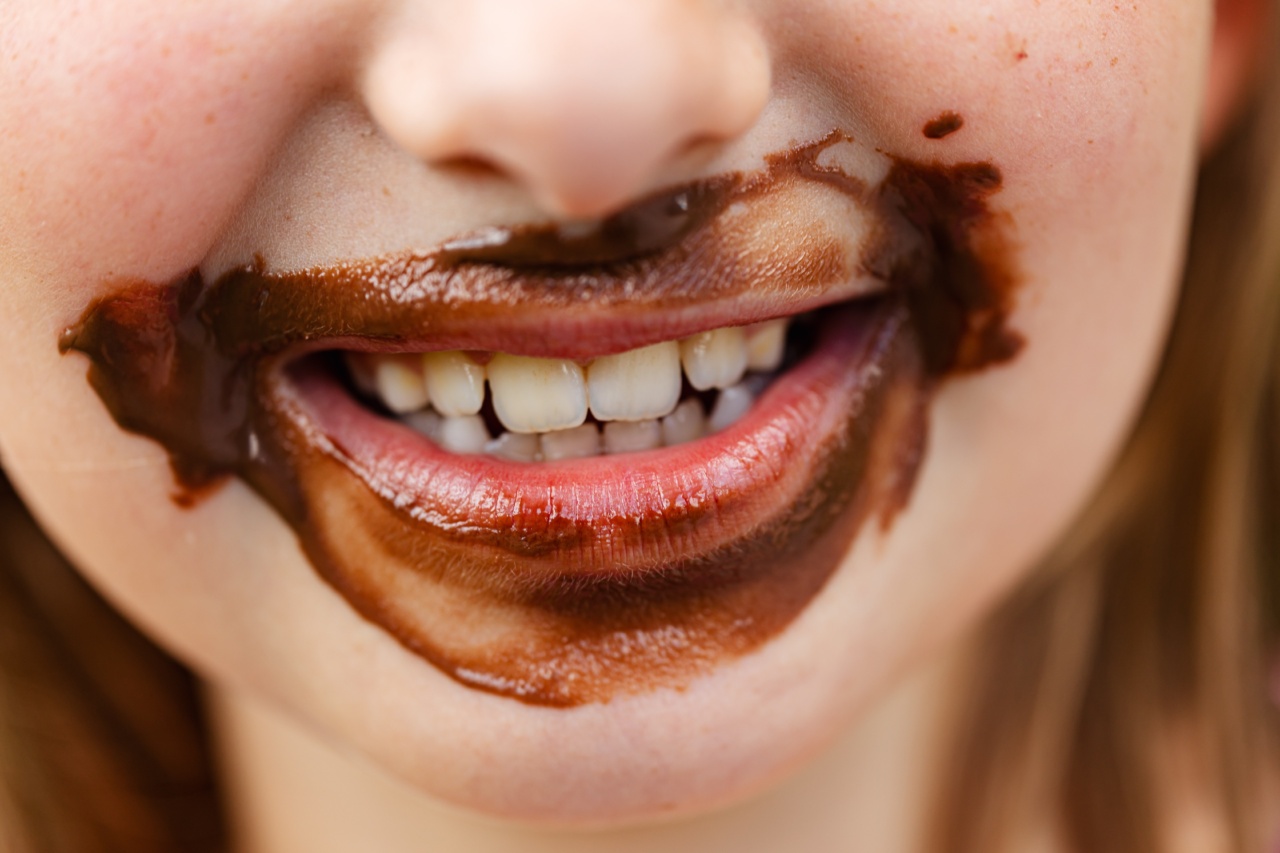Have you ever wondered why you crave something sweet after a meal or why you just can’t stop eating your favorite candy? The answer lies in the science behind our sweet tooth.
Sugar Addiction
Sugar can be as addictive as some drugs, such as cocaine. The more sugar we consume, the more dopamine our brain releases, making us feel good. This creates a cycle of craving and indulging in sugar, leading to addiction.
The Brain’s Reward System
When we eat something sweet, our brain’s reward system is triggered. This system involves the release of neurotransmitters such as dopamine, which gives us a sense of pleasure and satisfaction.
Over time, our brain can become desensitized to the effects of sugar, leading us to crave even more to get the same feeling.
The Evolutionary Biology of Sugar
Our ancestors had limited access to sugar, usually found in fruit. They needed the energy to survive, and sugar was a great source of energy. Over time, our bodies developed a preference for sweet foods, as it meant an immediate source of energy.
This preference for sweet foods has been passed down through generations.
How Sugar Affects Hormones
When we eat something sweet, our blood sugar levels increase. This triggers the release of insulin, a hormone that helps our cells utilize the sugar.
However, consuming too much sugar can cause insulin resistance over time, leading to type 2 diabetes and other health issues.
Sugar and the Gut Microbiome
The gut microbiome, or the community of bacteria living in our gut, also plays a role in our sweet tooth. Certain bacteria thrive on sugar and can send signals to our brain, making us crave more sugar.
This is why it can be hard to break the cycle of sugar addiction even if we try to limit our intake.
The Effect of Artificial Sweeteners
Artificial sweeteners, such as aspartame and sucralose, are often used as a healthier alternative to sugar. However, studies have shown that they can still trigger the brain’s reward system and lead to cravings.
Additionally, they can disrupt the gut microbiome and lead to other health issues.
How to Curb Your Sweet Tooth
Breaking the cycle of sugar addiction can be difficult, but it is possible. Here are some tips to help curb your sweet tooth:.
- Eat a balanced diet with plenty of protein and healthy fats.
- Choose natural sweeteners, such as honey and maple syrup, in moderation.
- Drink plenty of water to stay hydrated.
- Try to replace sweet snacks with healthier options, such as fruit or nuts.
- Avoid processed and packaged foods, which often contain hidden sugars.
The Bottom Line
Our sweet tooth is the result of evolutionary biology, brain chemistry, and hormones.
While it can be hard to break the cycle of sugar addiction, being aware of the science behind our cravings can help us make better choices and improve our overall health.





























